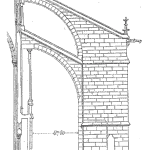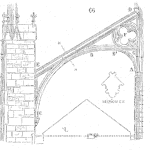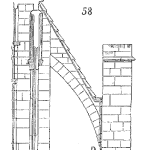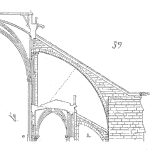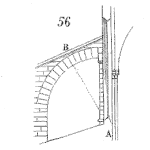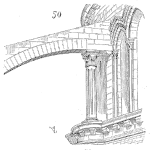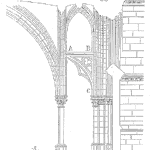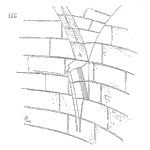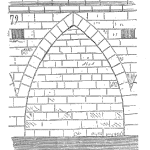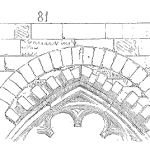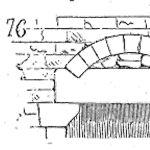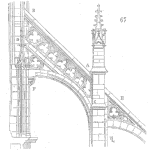
It always seems there are more red lights when I’m running late.
This comment and others similar to it caught my attention lately. Is it just Murphy’s Law or something else?
There is an element of luck or chance in many events during our daily lives. The same is true when producing products and the resulting reliability. A lot has to go right for the product to work for the customer.
When something isn’t going as expected, we have a comparison that gains attention. If the lights are red more often, in theory, when I’m running late, maybe the lights are not turning red more often, it’s just that we notice.
For product development, it’s noticing the items that are going well and failing that matter. As reliability professionals, we need to continue to practice being aware of what is expected and what actually happens. [Read more…]
